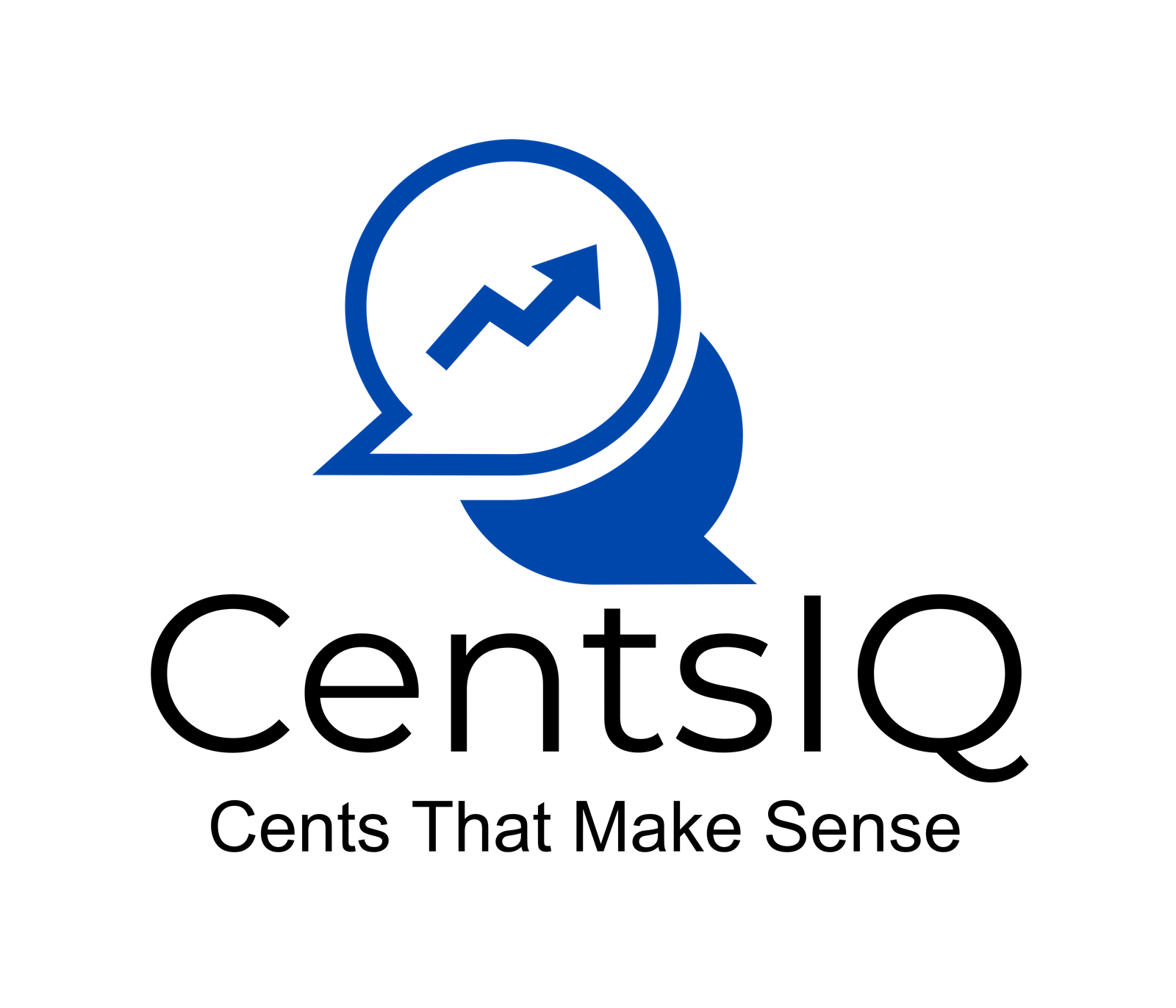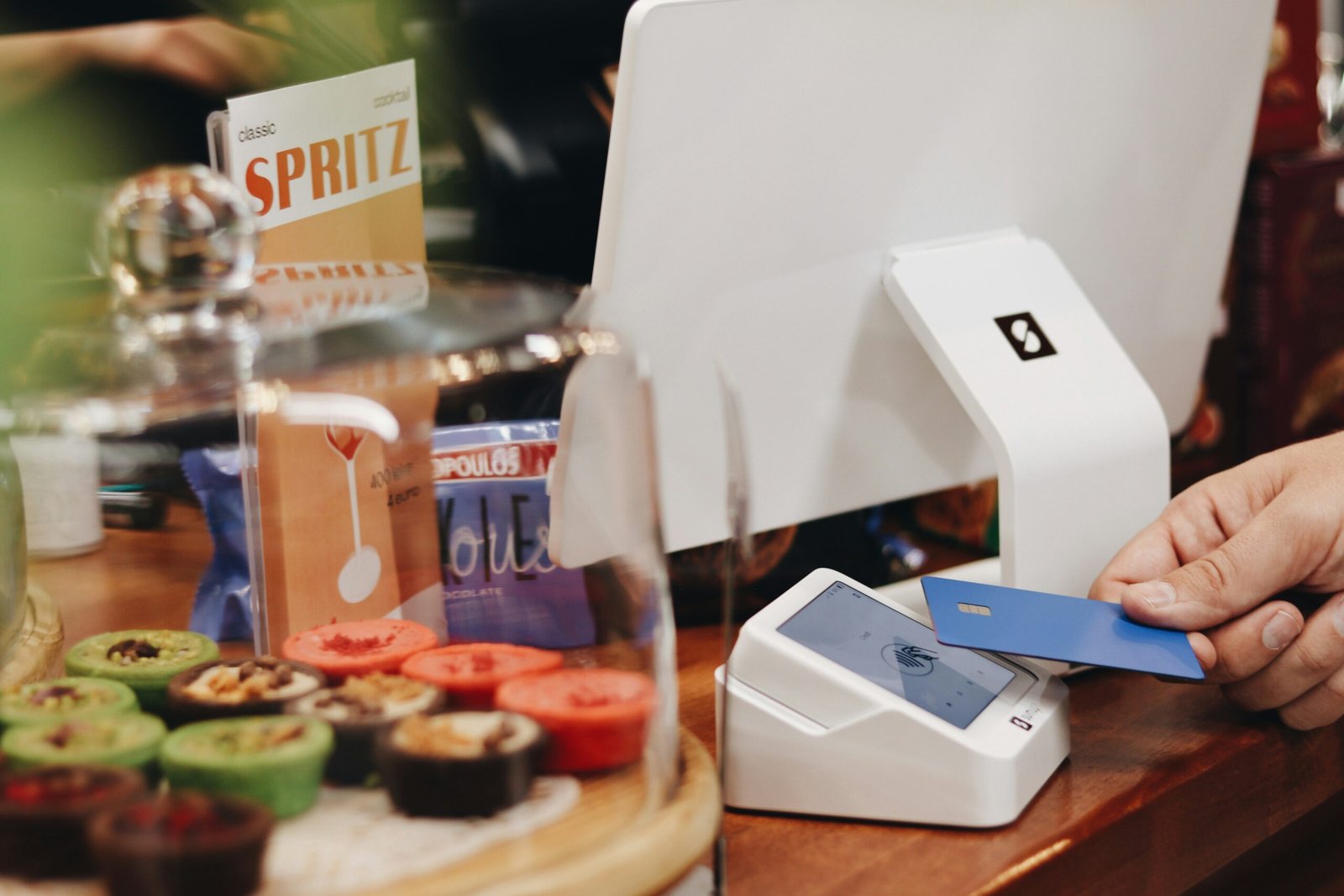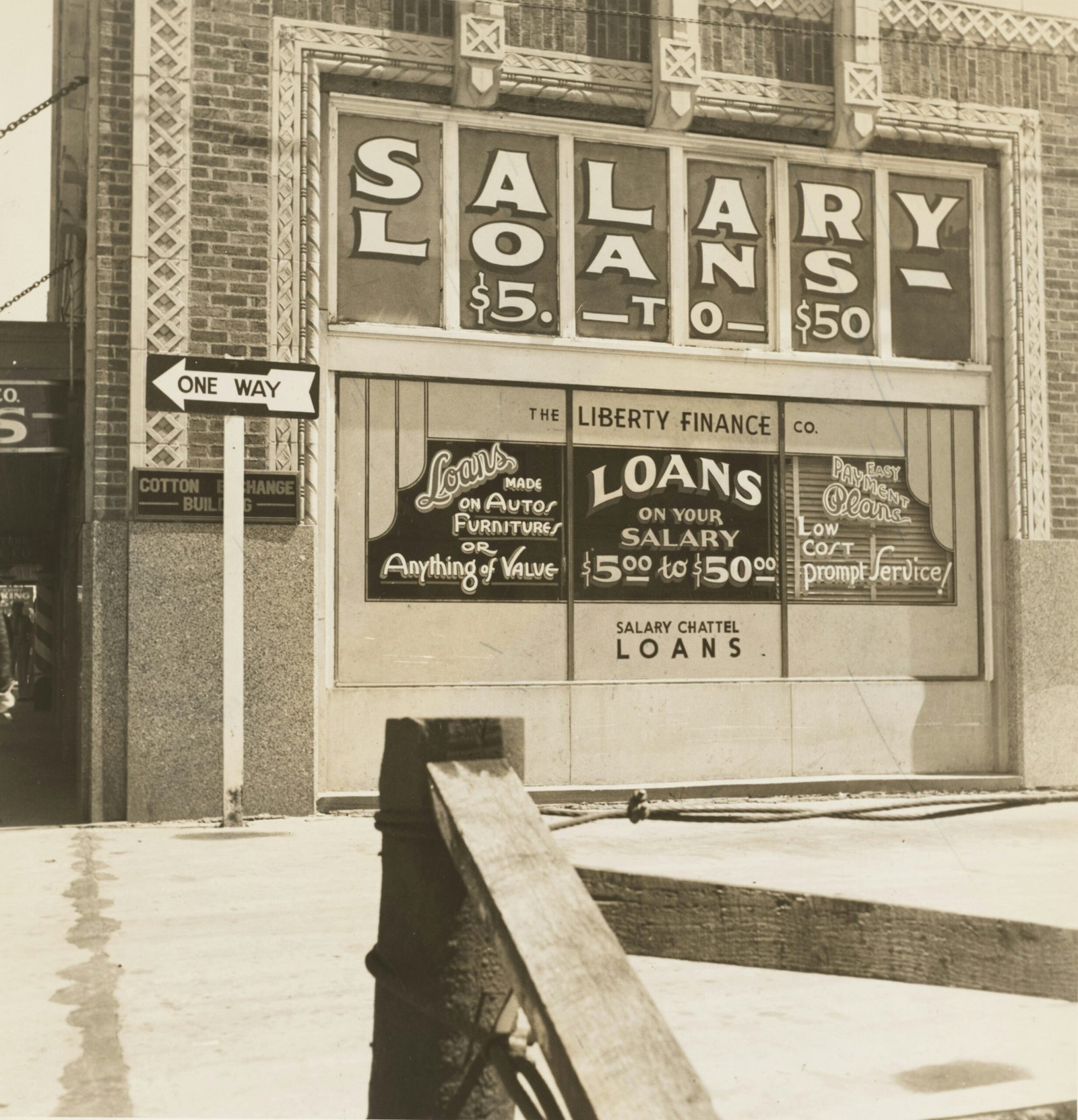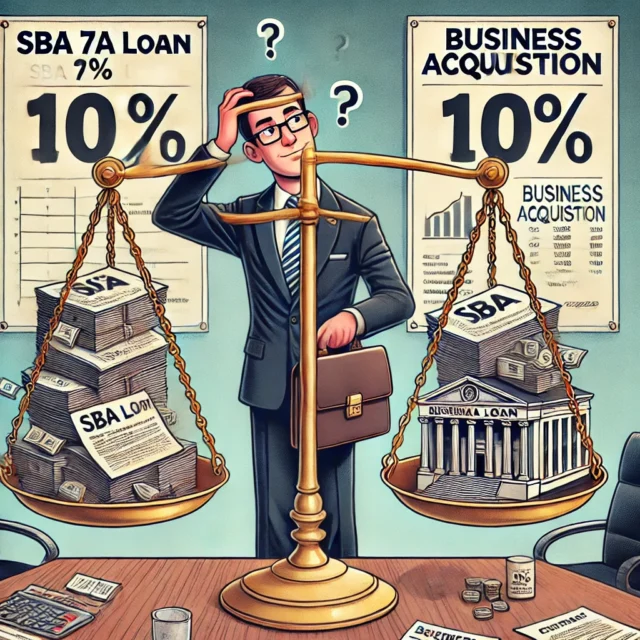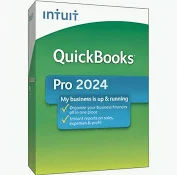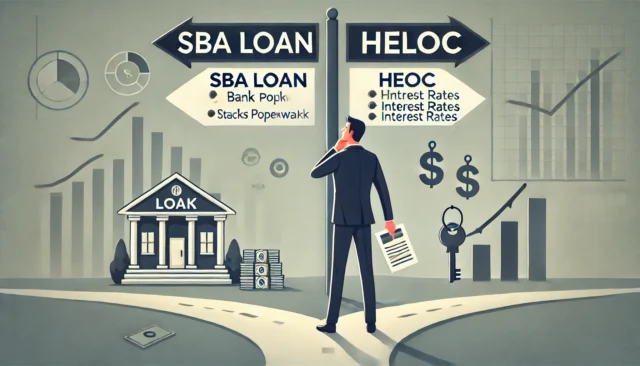The Small Business Administration (SBA) has once again written off billions in Covid-era small business loans, raising concerns about oversight and long-term impacts on borrowers. Here’s what small business owners need to know about the latest developments in the Covid Economic Injury Disaster Loan (EIDL) program.

Table of Contents
Billions in Covid EIDL Loans Charged Off
In fiscal year 2024, the SBA charged off approximately $18.6 billion in Covid EIDL loans, representing about 6.5% of the total portfolio. This is down from the $52 billion charged off in fiscal 2023, which accounted for 17.2% of the portfolio at that time.
Key Points:
- The SBA is still servicing about 2.3 million loans valued at $287 billion
- The Covid EIDL program originally approved 4.1 million loans totaling $390 billion
- Charge-off rates for Covid EIDL loans are significantly higher than other SBA loan programs
The Hardship Accommodation Program (HAP)
To assist struggling borrowers, the SBA expanded its Hardship Accommodation Program (HAP). This program allows small businesses to reduce their loan payments for six-month periods, with options to extend participation up to five times.
HAP Payment Structure:
- First two rounds: 10% of total payment due
- Third round: 50% of total payment due
- Fourth and fifth rounds: 75% of total payment due
Businesses with loans under $200,000 can apply automatically without additional review.
Oversight Issues Revealed by Audits
Recent audits have identified significant deficiencies in how the SBA monitors and manages its Covid EIDL portfolio:
- The SBA’s Office of Inspector General found inadequate monitoring of reinstated loans through HAP.
- KPMG’s audit uncovered seven “material weaknesses” and two “significant deficiencies” in financial oversight.
Key Audit Findings:
- Inadequate monitoring controls over outstanding loans
- Failure to track loans with unresolved issues
- Inconsistent reinstatement of previously charged-off loans enrolled in HAP
- Outdated servicing manuals
Impact on Small Businesses
The high charge-off rates and oversight issues have several implications for small business owners:
- Increased difficulty in obtaining new financing
- Potential for growing debt burdens due to HAP interest accrual
- Risk of future defaults if long-term solutions aren’t implemented
SBA’s Response and Future Outlook
The SBA has acknowledged these issues and taken steps to improve oversight, including:
- Hiring a chief risk officer in fiscal 2024
- Establishing an Office of Enterprise Integrity
However, questions remain about the agency’s ability to effectively manage such a large and complex loan portfolio.
Conclusion
Small business owners with Covid EIDL loans should carefully monitor their loan status and consider seeking financial advice to navigate potential challenges. While programs like HAP offer temporary relief, the high charge-off rates and ongoing oversight issues highlight the need for more comprehensive solutions to support small businesses in the long term.
